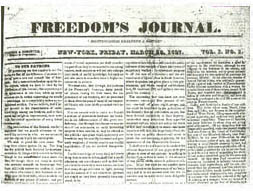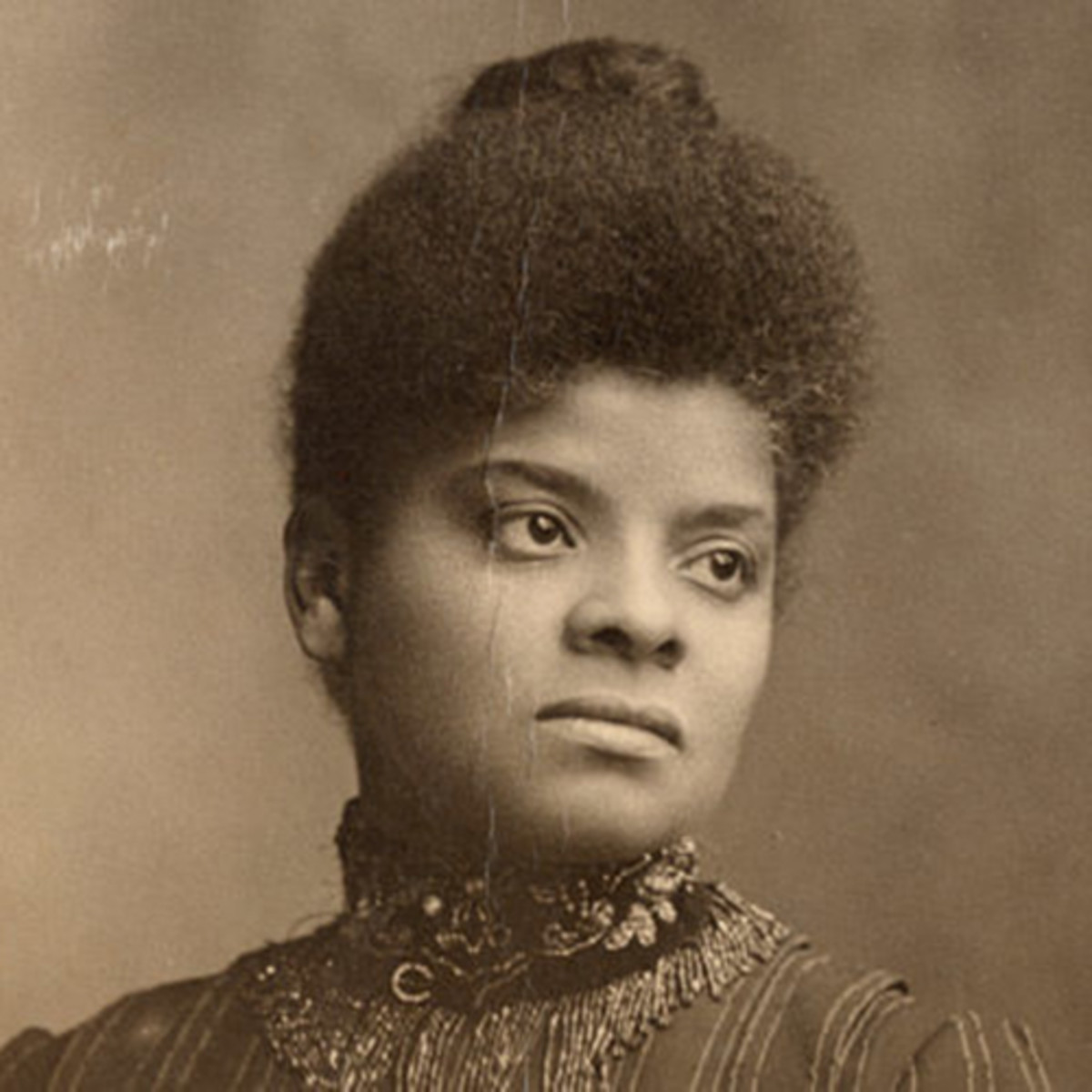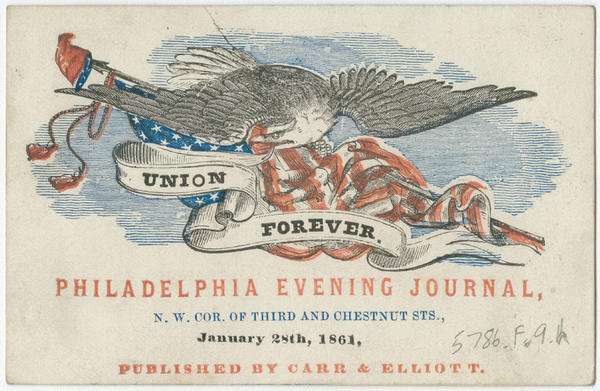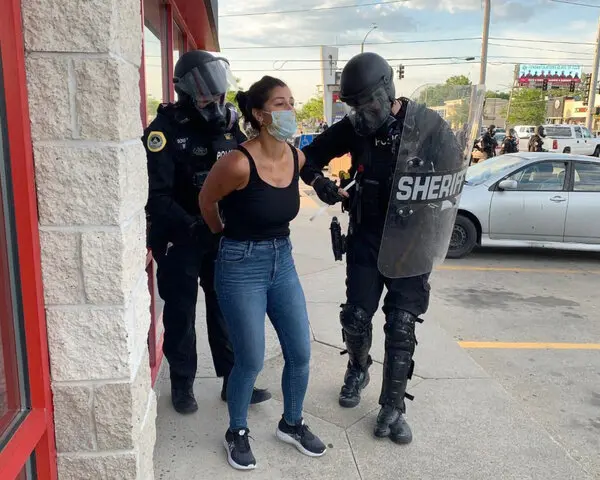Nomination of Judge Ketanji Brown Jackson
On February 25, 2022, President Biden nominated Judge Ketanji Brown Jackson to serve on the United States Supreme Court. Her appointment was confirmed by the U.S. Senate on April 7, 2022.
Judge Jackson succeeded former Justice Stephen Breyer and has since made history as the first African American woman to be appointed to the U.S. Supreme Court. When assessing potential candidates to replace former Justice Breyer, President Biden was mesmerized by Judge Jackson's history, credentials and commitment to securing equal justice under the law.
Photo courtesy of: kpcc.org
Judge Jackson's family has also specialized in law enforcement and the legal system. She derived her passion for studying and practicing law from her father, Johnny Brown, who was the chief attorney for the Miami-Dade County School Board. Furthermore, Judge Jackson's brother and two uncles worked as police officers in Miami, which also exposed her to the daunting tasks law enforcement officers endure daily.
Prior to her nomination to the Supreme Court, Judge Jackson had gained invaluable experience in public service and the legal system. She has served as a public defender, Supreme Court Clerk, Vice Chair of the U.S. Sentencing Commission in addition to her tenure as a district court judge.
Despite Judge Jackson's versatility and qualifications, some politicians were apprehensive about her ability to serve on the Supreme Court; They were also critical of her stance on issues pertaining to child sexual abuse imagery. On the other hand, Judge Jackson's historical nomination was supported by many people who embrace the idea of difersifying the U.S. Supreme Court.
Dating back to the formation of the United States Supreme Court in 1789, an overwhelming majority of its judges were caucasian men. I am proud of Judge Jackson's appointment to the U.S. Supreme Court, as I believe her education and track record has proven that she has the knowledge, capacity and tenacity to uphold the position.
Photo courtesy of: supreme.justia.comRacial diversity on the Supreme Court is also crucial because it allows for signature issues, such as crime and punishment, racial injustice, abortion, etc., to be analyzed from diverse points of view. Judge Jackson, in my opinion, a positive role model for young black women, and hopefully her story may inspire them to pursue their dreams and not allow anything or anyone to deter them in the process.
Furthermore, Judge Jackson reminds me of my mother, who has also made history as the first to hold multiple titles. My mother, Judge Melvia B. Green is a trailblazer, as she was the first African-American female assistant U.S. attorney to practice law in the Southern District of Florida; the first African-American female circuit judge in the state of Florida; And, she was the first African-American female judge to preside over Florida's Third District Court of Appeal.
Photo courtesy of: finance.yahoo.comMy mom has earned numerous awards over the years for her hard work and achievements in the legal profession. Here is another fun fact that I just learned recently: My mom attended law school at the University of Miami with Judge Jackson's father.
In fact, she remembers meeting Judge Jackson when she was a young girl. Small world, isn't it?
I feel so proud to have my mother and other black women like her as influential role models in my life because I feel incentivized to challenge myself and do everything in my power to hopefully leave behind a meaningful legacy. They say a trailblazer describes a person who blazes a trail for other people to follow.
I may not have found my calling in life yet, but whatever that might be, I know God intends for me to create a trail for other people to follow.
Link: https://www.youtube.com/watch?v=w-b6UN3Ud-ILink: https://www.youtube.com/watch?v=mI3qywLr5e4
Sources: https://www.yahoo.com/lifestyle/former-third-dca-judge-green-100056798.html
https://www.dailytarheel.com/article/2022/04/opinion-supreme-court-justices-ketanji-brown






































